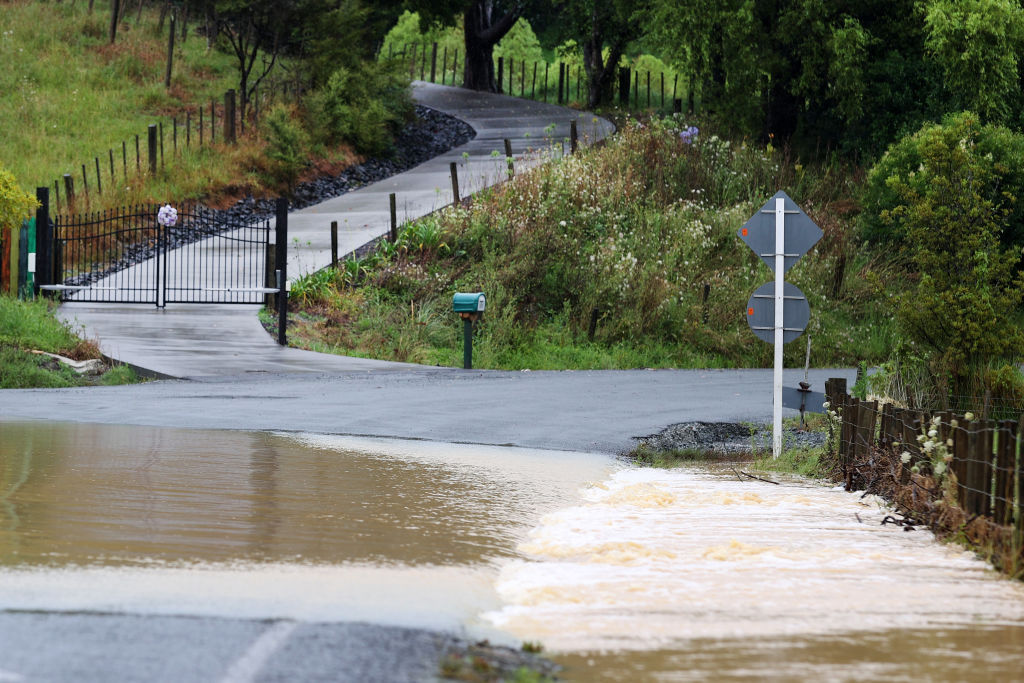Landlord's revenge forces tenant to fetch water from petrol station
A tenant was forced to shower at the local pool and collect water from a petrol station after her landlord shut off the supply to her home during a spat over carpet.
The landlord disconnected the electricity and water after the woman refused to pay the rent, a tribunal heard, leaving her unable to cook, wash or flush the toilet.
The quarrel landed them both in legal hot water.
The tenant was awarded $NZ1,574.23 ($AU1443.25) by the New Zealand Tenancy Tribunal for the landlord’s act of revenge, which could have caused “serious health consequences”, although it was not without penalty.

She in turn had to compensate the landlord the rent she owed as well utilities bills which were in arrears, during a dispute over who owned the carpet in the living room of the Auckland house.
The tenancy started in October 2021 and soured after the renter erected a sign promoting her business on the front fence, the tribunal heard in August.
The landlord objected but rather than remove the sign, the tenant said she would end the lease and move out.
She informed the landlord she would be taking the lounge room carpet with her. She had replaced the carpet, at her cost, after floods that impacted Auckland in January last year, the tribunal was told.

However, the landlord said if she did that, he would deduct the carpet’s cost from her bond.
The dispute escalated to punishments dished out on both sides.
The tenant, fearing her bond would not be returned in full, withheld the rent. In retaliation, the landlord shut off the electricity and disconnected the water to the property.
“As the landlord had not lodged the bond with the Bond Centre as required, and so could do so unilaterally, the tenant stopped paying rent,” the tribunal’s published ruling said.
“The landlord then cut off the tenant’s power and water.
“Unsurprisingly, the tenant and her family found life without power and water very difficult.
“The tenant had increased expenses as she had to go to the supermarket to buy water to drink and for cooking, to the petrol station to get water to use for the toilet, and had to pay for the community pool so that they can take a bath and a shower.
“She said it was a difficult few days as they had no electricity for cooking and charging phones etc, so went and bought a power generator to use for electricity.”
The tenant handed back the keys to end the lease in August, but not before she instigated tribunal proceedings, requesting the utilities be reconnected and seeking compensation.
The landlord filed a counterclaim, seeking rent and bills arrears and compensation for the carpet.
The landlord was able to cut off the water and power because the bills were still in his name, the tribunal was told.
Adjudicator Melissa Allan said the right course of action would have been to come to the tribunal.
“The appropriate course where rent (or power and water) is in arrears is to apply to the tribunal for orders,” she said in her published decision.
“Interfering with the supply or power and water, except where necessary, is a serious matter.
“The tenant was left in very difficult circumstances, even if only for a matter of days. There are serious potential health consequences when power and water are disconnected as the tenant was unable to cook, wash and flush the toilet.”
The landlord was not awarded compensation for the carpet. The tribunal found there was a breakdown in communication over its replacement after the deluge and the old carpet was thrown out.
The tribunal suppressed the tenant’s name but not the landlord’s. However, Nine has elected not to name him.
We recommend
States
Capital Cities
Capital Cities - Rentals
Popular Areas
Allhomes
More
- © 2025, CoStar Group Inc.









